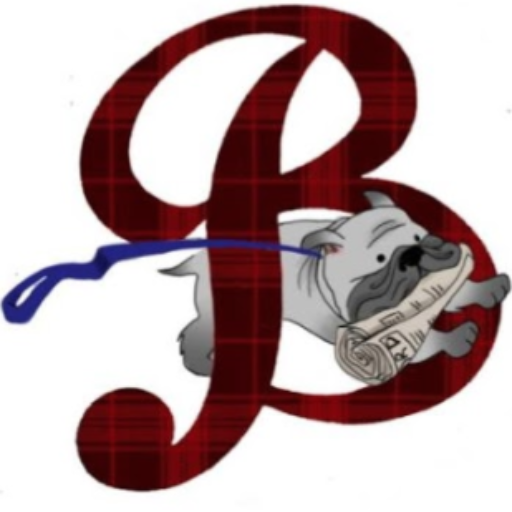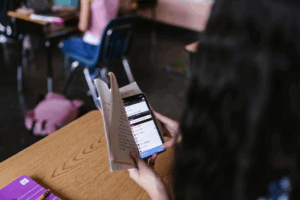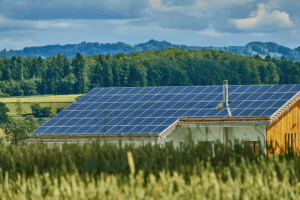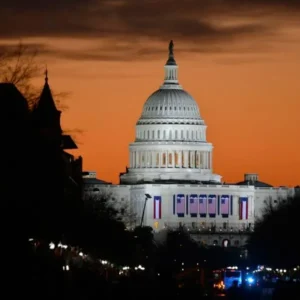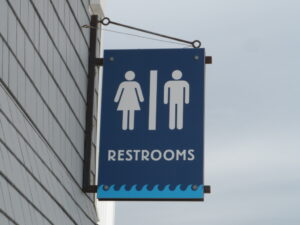Several weeks ago, freedom reigned triumphant in the halls of BHS, with the school closing down early for a five day Thanksgiving break. The joy felt by students was unprecedented, everyone eager to enjoy a stress-free celebration of camaraderie and friendship. However, unbeknownst to BHS students, was the conflict and decisiveness that originated the startlingly dark origins of the holiday.
In elementary school we were taught a simple narrative: The pilgrims were good and the Native Americans were bad. We were told tales of courageous pilgrims settling in America, surviving off of their wits and incredible diplomacy with the Native Americans. We were told that the First Thanksgiving in 1621 was held to celebrate a bountiful harvest with the tribe that helped make it possible. However, that story is merely propaganda: The true origins of this Thanksgiving lies within the whitewashed genocide, internment, and ethnic erasure of the indigenous people. “They lied to us in elementary school,” says one BHS student, “they said that the pilgrims and the Native Americans were best friends.”
While the English settlers may have landed on Plymouth Rock with good intentions, they had unknowingly brought North America the most lethal weapon it had ever seen: smallpox. Lacking the proper antibodies to fight the bacteria, over 90% of the local population would die. Indigenous people grew fearful of the settlers and their strange diseases, while the pilgrims became contemptuous of the Native Americans and their “savagery”. These misguided judgments subsequently resulted in raised tensions between the two groups, and eventually war. According to one BHS students, “There was a large miscommunication between the settlers and Native Americans. If they had been able to look past their prejudices and just talk to each other, Thanksgiving wouldn’t have such a terrible history.”
The fighting which ensued claimed thousands of lives, destroyed an abundance of natural resources and drove the decimated local tribes out of their homes. However, the violence helped perpetuate white supremacy in the New World and therefore was a cause for celebration: After Massachusetts Bay Governor John Winthrop declared his appreciation for God’s destruction of the uncivilized Native Americans, the massacres carried out by the settlers were followed by a “days of thanks”. This, according to Robert Jensen, a professor at the University of Texas at Austin, is the true origin of Thanksgiving: “I never thought I would get a sense of disillusionment from Thanksgiving,” admitted one BHS students, “but I am absolutely horrified that the holiday is not a celebration of fellowship but rather of genocide. And worse: no one bothered to tell me.”
Hundreds of years after the First Thanksgiving, indigenous peoples’ role in society is still being debated, with notable figures such as President Donald Trump and Senator Elizabeth Warren joining in on the controversy: “People think that the struggle for Native Americans is over,” remarks one BHS student, “but yet we continue to celebrate a holiday which is soaked in indigenous peoples’ blood.” Even as Thanksgiving fades away into our distant memories, it is critical to educate and raise awareness on the systematic ostracization and oppression faced by indigenous people. Consider this the next time you gather around your Thanksgiving meal that in order to say thanks, you need to begin with sorry.
